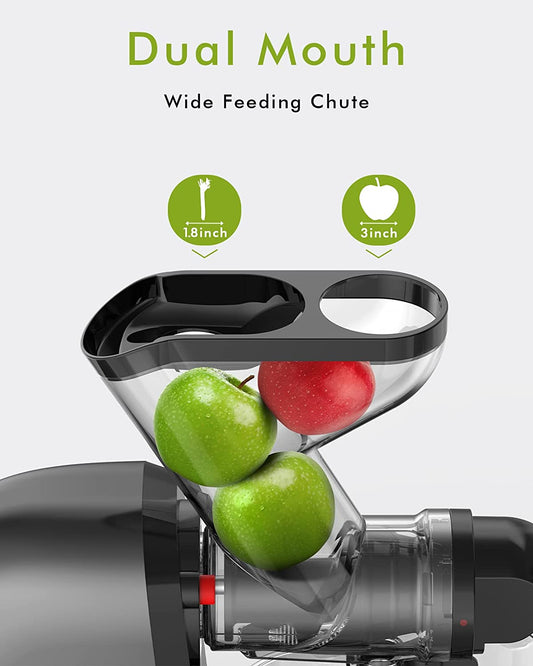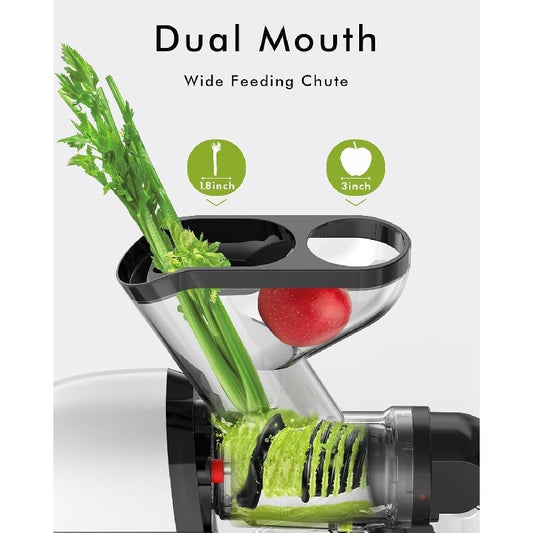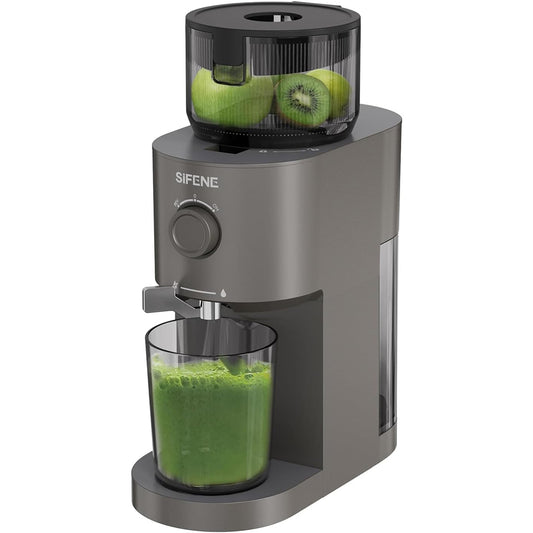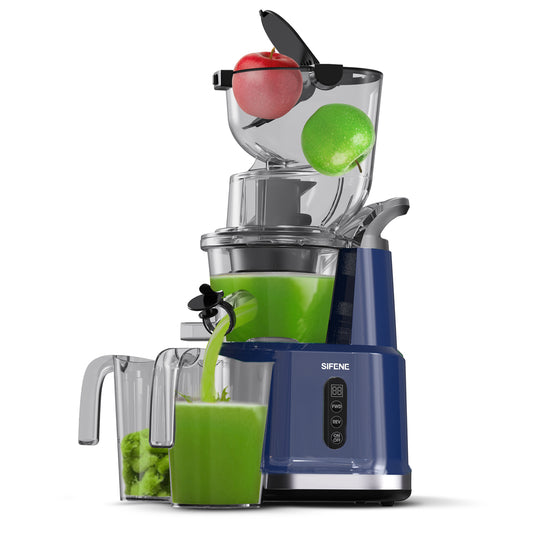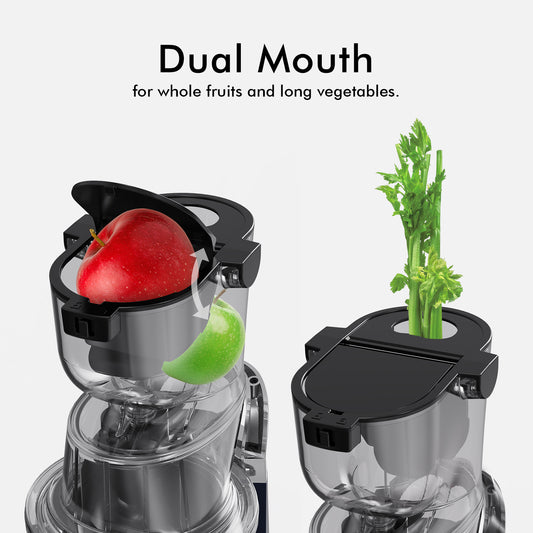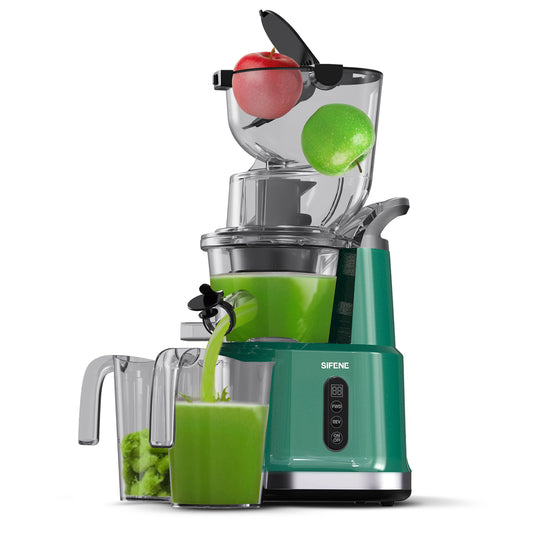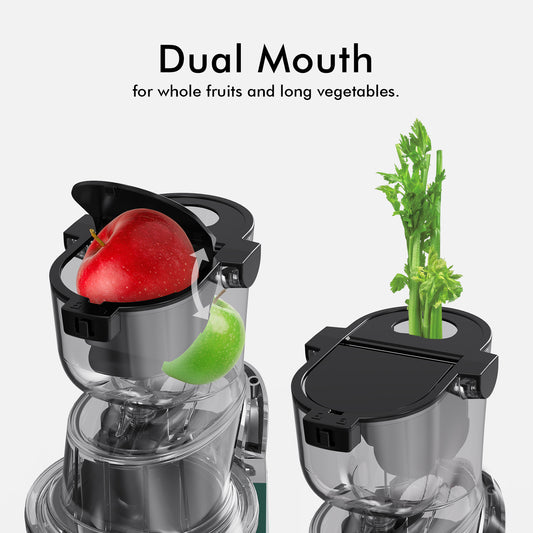Juicing is an easy way to consume lots of nutrients without having to eat whole fruits and vegetables. Many people claim it’s a helpful weight loss tool.
The juicing diet trend has increased in popularity over the years, but its effectiveness is controversial.
Does juicing help you lose weight?
There is no formal research to support the idea that juicing helps with weight loss.
Based on anecdotal evidence, it’s clear that juice diets may lead to rapid weight loss in the short term, especially when they are very low in calories.
However, you could experience some negative health effects from such severe calorie restriction, especially if you follow the diet for more than a few days at a time.
Additionally, it’s difficult to sustain such a restrictive diet. Most people do not stick with very low calorie diets for long and end up gaining back the weight they’ve lost (5Trusted Source).
Juicing may be an easy way to lose weight quickly, but its potential health consequences seem to outweigh its benefits.
You’re better off following a more sustainable diet that includes whole foods and enough calories to keep your body functioning properly.
Juice diets and how they affect you
There are several types of juice diets available. The most common type is a juice fast, in which people replace their meals with juiced fruits and vegetables.
The point is to lose weight by abstaining from solid food while still ingesting a significant amount of nutrients from the juice.
Generally, these diets are very low in calories.
Some people do juice fasts for just a few days, while others go on them for weeks at a time.
Unfortunately, the effectiveness of juice diets is not well studied, but many people claim they produce quick weight loss.
Juice diets may significantly reduce calorie intake
To lose weight, you must maintain a calorie deficit, which means you consume fewer calories than you burn.
Many juice diets lack solid food and are extremely low in calories. This results in a large calorie deficit for many people, so juice diets do often lead to weight loss, at least in the short term.
However, once your calorie intake goes back to normal after the juice diet, you’ll likely regain some of the weight, if not all.
Juice diets aren’t filling
Since juice-only diets lack solid foods, you might find yourself feeling hungrier than usual when following this type of regimen.
This is because liquid meals, especially those that are high in carbs, are less filling than solid foods.
Solid foods are more filling because they contain fiber and protein, which are both important nutrients that have appetite-reducing properties (8Trusted Source).
Fiber can reduce appetite because it may slow down the emptying of the stomach and increase digestion time.
Meanwhile, protein increases the levels of hormones that signal fullness, which are essential for appetite regulation.
Juice diets affect your metabolism
The severe calorie deficit that many juice diets cause can have a destructive effect on your metabolism.
These diets are characterized by rapid weight loss and limited protein intake, which may lead to reduced muscle mass.
Muscles are metabolically active, so individuals with a lower muscle mass have a lower resting energy expenditure. This means they burn fewer calories at rest than those with more muscle.
Additionally, your body senses starvation when you dramatically reduce your calorie intake, so your body acts to preserve calories by burning fewer of them.
Controlled studies have confirmed this effect in individuals who follow calorie-restricted diets.
In one study, women with overweight or obesity who underwent a calorie restriction treatment for 3 months experienced a significant reduction in resting energy expenditure during that period.
While a calorie deficit is necessary for weight loss, it appears that low calorie diets, including juice fasts, may be counterproductive due to their negative effects on metabolism.
Featured collection
-
Dual Mouth Masticating Juicer Max Gray
Regular price $129.99 USDRegular priceUnit price per$99.99 USDSale price $129.99 USD -
Dual Mouth Masticating Juicer Max White
Regular price $129.99 USDRegular priceUnit price per$99.99 USDSale price $129.99 USD -
Whole Fruit Cold Press Juicer Large Feed Chute Gray
Regular price $129.99 USDRegular priceUnit price per$149.99 USDSale price $129.99 USDSale -
Whole Fruit Cold Press Juicer Large Dual Mouth Blue
Regular price $129.99 USDRegular priceUnit price per$199.99 USDSale price $129.99 USDSale -
Whole Fruit Cold Press Juicer Large Dual Mouth Green
Regular price $129.99 USDRegular priceUnit price per$199.99 USDSale price $129.99 USDSale


